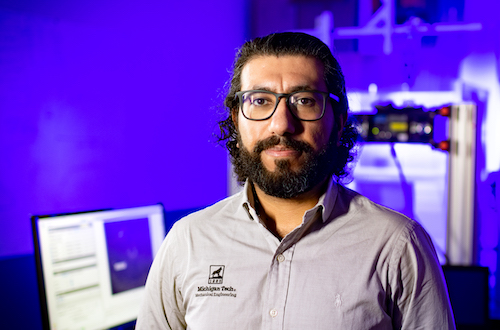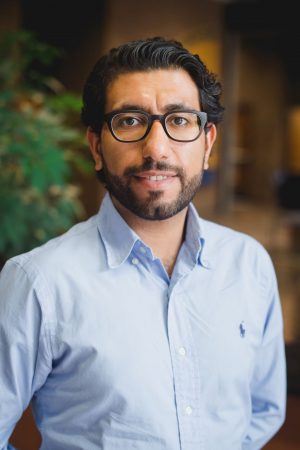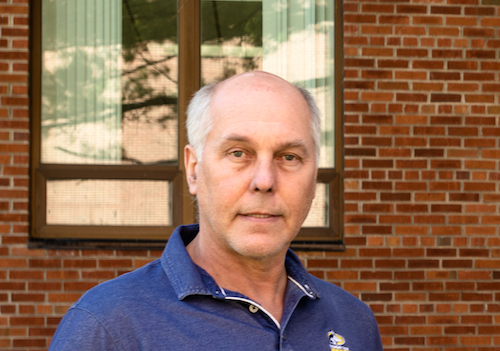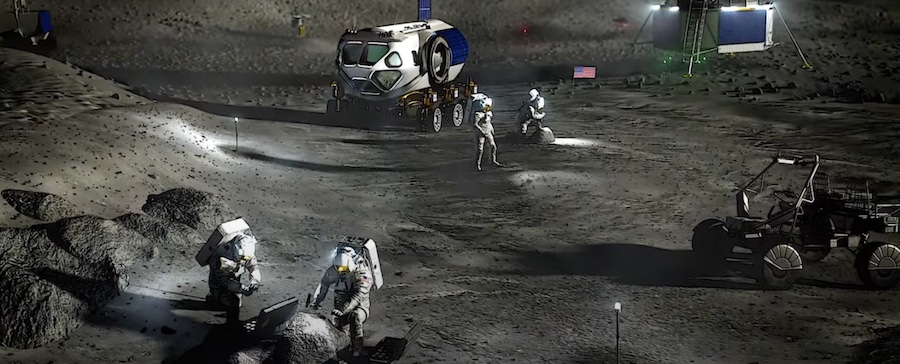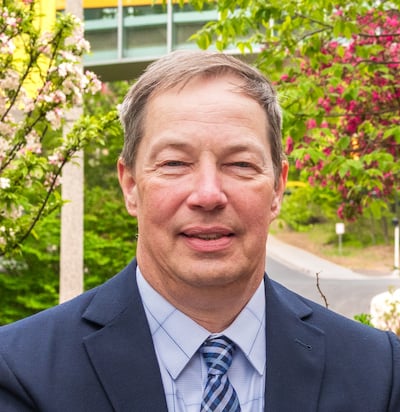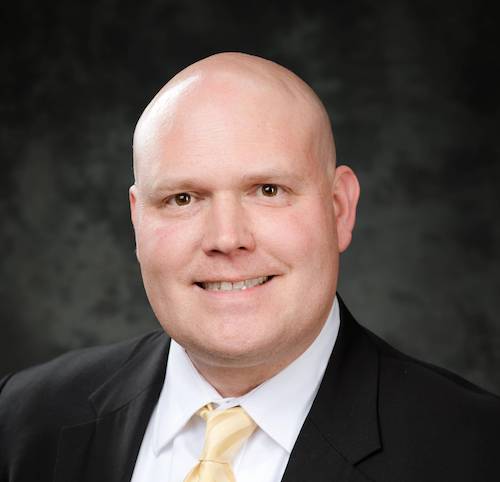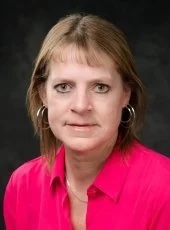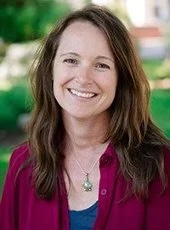The Tech Forward Initiative on Sustainability and Resilience (ISR) is excited to announce its awardees for spring 2023! The ISR supports advancements in curriculum development and research through a series of three awards programs: Curriculum Innovation Awards, Early Career and New Directions Award, and:
Sustainable and Resilient Communities Faculty Research Fellowship
Hassan Masoud (ME-EM/AIM) has been awarded a Sustainable and Resilient Communities Faculty Research Fellowship (typical award range: $12,000-$17,000) that will support a one-course buyout for spring 2024 to provide time to develop research collaborations and proposals on wave energy and other forms of renewable energy, in partnership with internal and external collaborators and the Center for Innovation in Sustainability and Resilience.
If you have questions or would like to ask about a potential future proposal, please reach out to ISR lead Chelsea Schelly at cschelly@mtu.edu.
